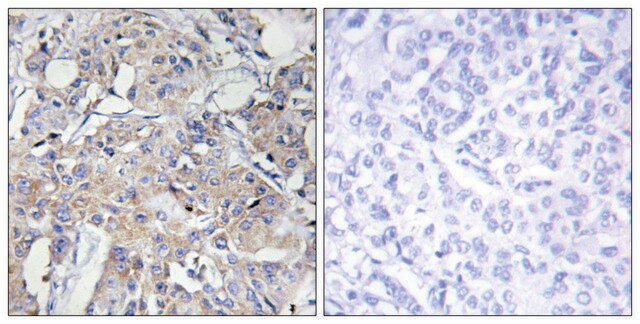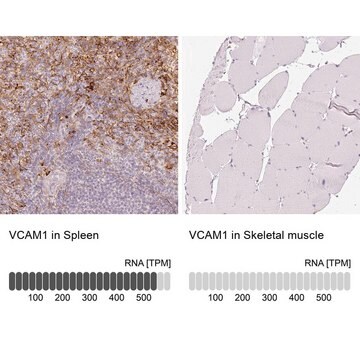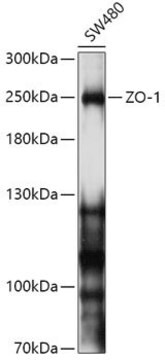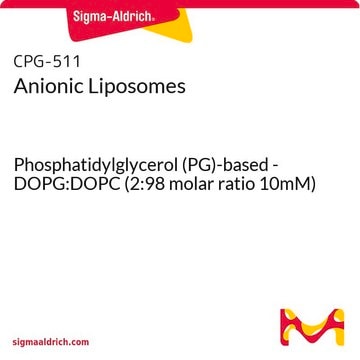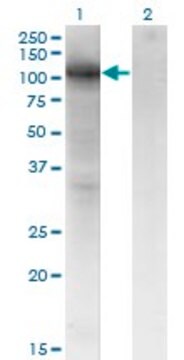MAB2627
Anti-VCAM-1 (CD106) Antibody, clone 6C7.1
clone 6C7.1, from rat
Synonym(s):
vascular cell adhesion molecule 1, vascular cell adhesion protein 1, CD106 antigen
About This Item
Recommended Products
biological source
rat
Quality Level
antibody form
purified immunoglobulin
antibody product type
primary antibodies
clone
6C7.1, monoclonal
species reactivity
mouse
technique(s)
flow cytometry: suitable
immunocytochemistry: suitable
immunohistochemistry: suitable
immunoprecipitation (IP): suitable
isotype
IgG1κ
NCBI accession no.
UniProt accession no.
shipped in
dry ice
target post-translational modification
unmodified
Gene Information
human ... L1CAM(3897) , VCAM1(7412)
General description
Immunogen
Application
Immunocytochemistry Analysis: A previous lot was used by independent laboratory in IC. (Norman, U., et al. (2008). Journal of Leukocyte Biology. 84:68-76.)
Quality
Flow Cytometry Analysis: 10 µg of this antibody detected VCAM-1 on mouse bone marrow cells.
Target description
Physical form
Other Notes
Not finding the right product?
Try our Product Selector Tool.
Storage Class Code
12 - Non Combustible Liquids
WGK
WGK 2
Flash Point(F)
Not applicable
Flash Point(C)
Not applicable
Certificates of Analysis (COA)
Search for Certificates of Analysis (COA) by entering the products Lot/Batch Number. Lot and Batch Numbers can be found on a product’s label following the words ‘Lot’ or ‘Batch’.
Already Own This Product?
Find documentation for the products that you have recently purchased in the Document Library.
Our team of scientists has experience in all areas of research including Life Science, Material Science, Chemical Synthesis, Chromatography, Analytical and many others.
Contact Technical Service